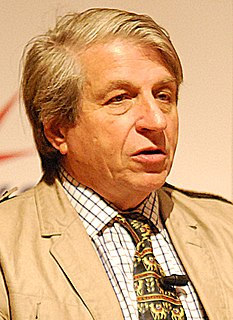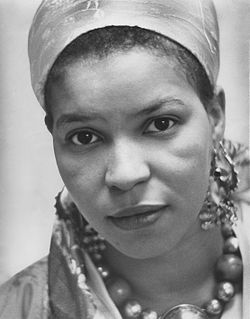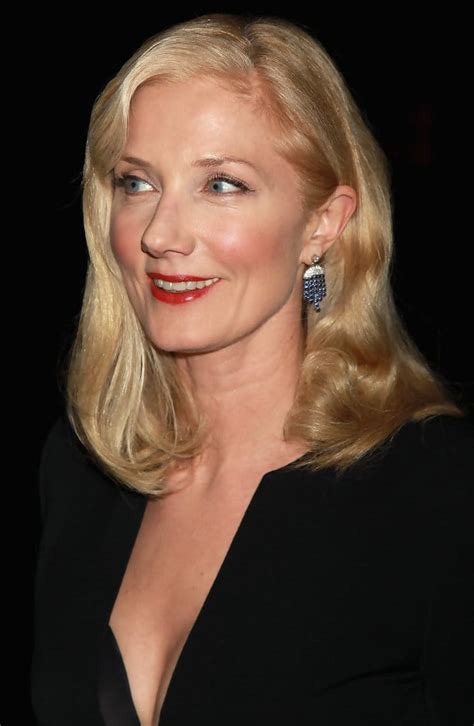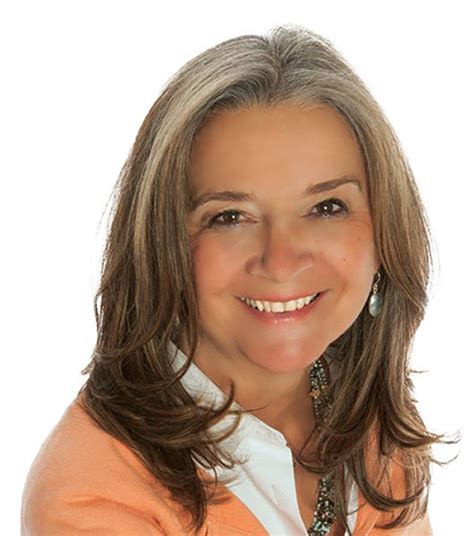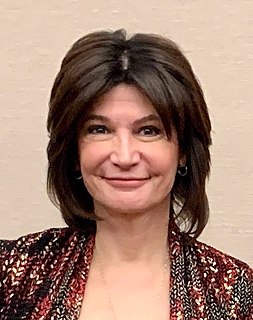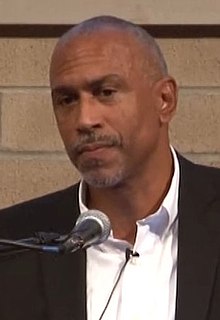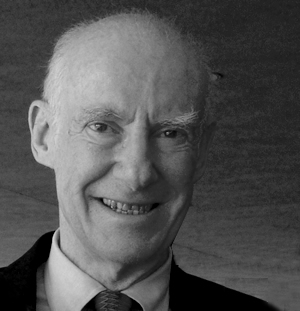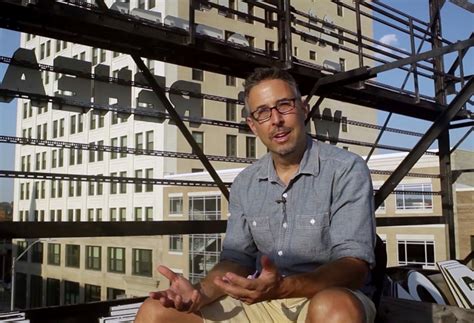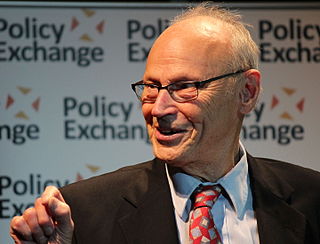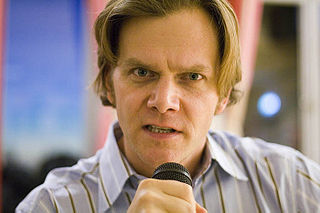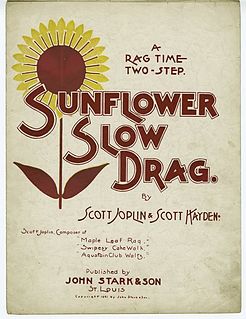Top 91 Learners Quotes & Sayings - Page 2
Explore popular Learners quotes.
Last updated on April 20, 2025.
I divide the word into learners and nonlearners. There are people who learn, who are open to what happens around them, who listen, who hear the lessons. When they do something stupid, they don't do it again. And when they do something that works a little bit, they do it even better and harder the next time. The question to ask is not whether you are a success or a failure, but whether you are a learner or a nonlearner.
Schools must inquire deeper into their own practices, explore new ways to motivate their learners, make use of learning styles, introduce multiple intelligences, integrate learning, and teach thinking, and in the process discover the passion and moral purpose that makes teaching exciting and effective.
it is perfectly possible to converse with any cat, from prize-winning Siamese to alley tabby. Humans who are slow learners may start with a highly articulate Siamese and progress in time to the more sensitive and difficult business of talking to scared strays. Other people, naturally gifted, can talk to any cat right away.
I'm committed to the idea that one of the few things human beings have to offer is the richness of unconscious and conscious emotional responses to being alive. ... The kind of esteem that's given to brightness/smartness obliterates average people or slow learners from participating fully in human life, particularly technical and intellectual life. But you cannot exclude any human being from emotional participation.
Not being known doesn't stop the truth from being true. You are led through your lifetime by the inner learning creature, the playful spiritual being that is your real self. What the caterpillar calls the end of the world, the master calls a butterfly. Learning is finding out what we already know. Doing is demonstrating that you know it. Teaching is reminding others that they know just as well as you. You are all learners, doers and teachers. The best way to pay for a lovely moment is to enjoy it.
Whenever learners or those beyond learning awaken the mind, for the first time they plant one buddha-nature. Working with the four elements and five clusters, if they practice sincerely they attain enlightenment. Working with plants, trees, fences and walls, if they practice sincerely they will attain enlightenment. This is because the four elements and five clusters and plants, trees, fences and walls are fellow students; because they are of the same essence, because they are the same mind and the same life, because they are the same body and the same mechanism.
We, however, want to become those we are--human beings who are new, unique, incomparable, who give themselves laws, who create themselves. To that end we must become the best learners and discoverers of everything that is lawful and necessary in the world: we must become physicists in order to be able to be creators in this sense--while hitherto all valuations and ideals have been based on ignorance of physics or were constructed so as to contradict it. Therefore: long live physics! And even more so that which compels us to turn to physics--our honesty!
Millennials are first and foremost problem solvers. They are optimistic. They are well educated. They are creative. They are open to change. They are learners. They are technologically savvy. They are open-minded. They are imaginative. They think third-way. They want to achieve. They want to contribute. They are flexible. They are achievement oriented.
Each time I visit such a classroom, where the teacher is more interested in creating a democratic community than in maintaining her position of authority, I’m convinced all over again that moving away from consequences and rewards isn’t just realistic - it’s the best way to help kids grow into good learners and good people.
This is a very challenging moment for educators. Our children are headed for a much more networked existence, one that allows for learning to occur 24, 7, 365, one that renders physical space much less important for learning, one that will challenge the relevance of classrooms as currently envisioned, and one that challenges our roles as teachers and adult learners.
We believe that this initiative is a critical first step in our nation s effort to provide every student with a comprehensive, content rich and complete education. These standards have the potential to support teachers in achieving NEA s purpose of preparing students to thrive in a democratic society and a diverse, changing world as knowledgeable, creative and engaged citizens and lifelong learners.
We know that African American students tend to be relational learners. It's about the relationships between a teacher and student. Students respond well to teachers they know, believe in them, care about them, but also who teach in a matter that elicits a more active approach to learning, rather than just sitting and listening. The research on this is strong and has been available for a long time, but it is not widely practiced. That's a huge obstacle.
Then let every one of us, being warned by this sentence of the angel, acknowledge that he as yet cleaves to first principles, or, at least, does not comprehend all those things which are necessary to be known; and that therefore progress is to be made to the very end of life: for this is our wisdom, to be learners to the end.
Teachers have told us across the country that what's severely outdated is the teacher at the front of the classroom as the font of knowledge, because as we know, access to knowledge and information is now ubiquitous. So instead, teachers want to help students learn how to think so that they can be lifelong learners.
When we travel for research our strategy is to simply move from kitchen to kitchen. It's truly a wonderful way to travel - food shopping, cooking and eating in one home for lunch and then another for dinner. The process of cooking takes us immediately into the rituals and rhythms of daily life and also places us firmly in the position of learners. We were meet with incredible generosity by all of the families we ate with.
By the time these students enter the workforce, many of the jobs they will apply for ill be in industries that don't even exist yet. That's a hard future to prepare someone for. Teachers have their sights set on the real goal: not to produce Ivy League graduates, but to encourage the development of naturally curious, confident, flexible, and happy learners who are ready for whatever the future has in store.

